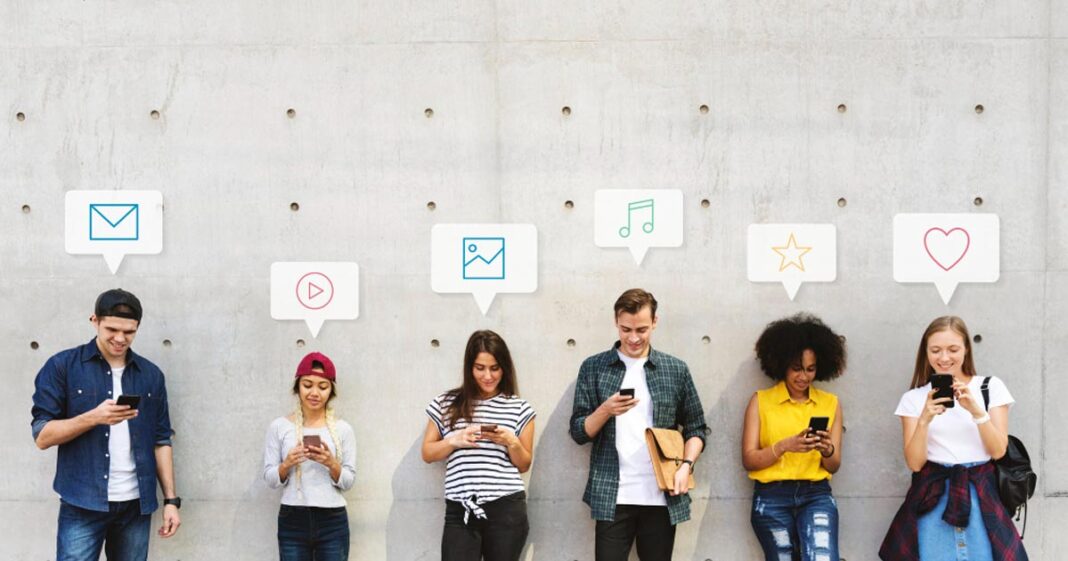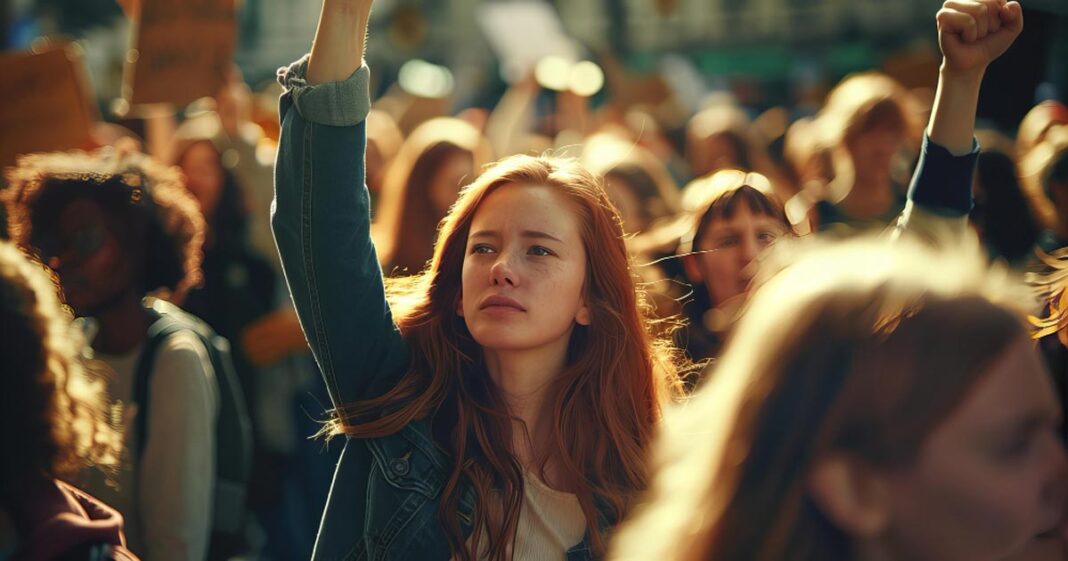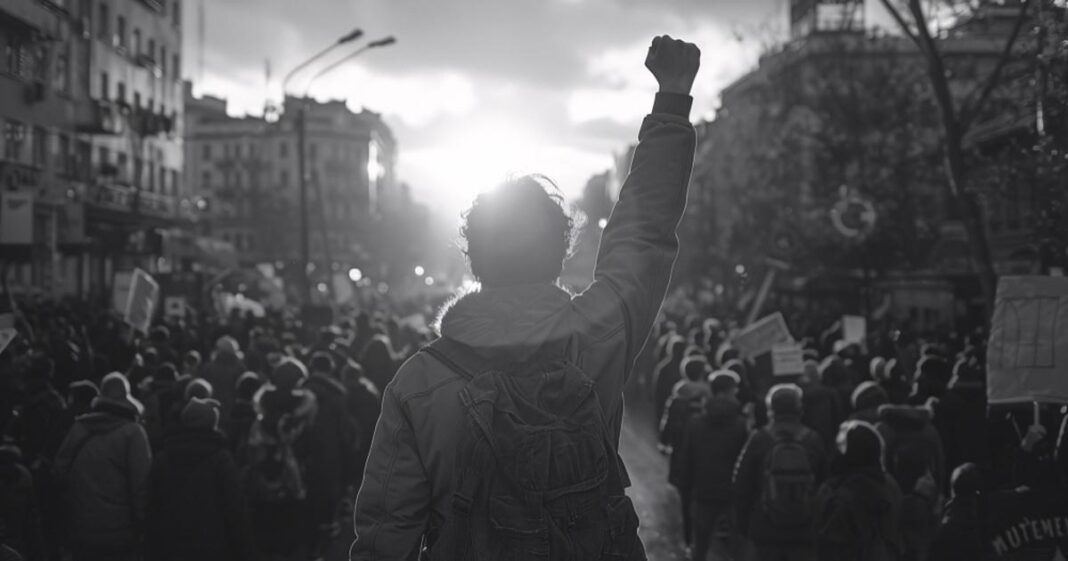
Introduction
Social media has revolutionized political communication, transforming how leaders connect with voters, how campaigns are run, and how public opinion is shaped. Platforms like Twitter, Facebook, Instagram, and TikTok have become key battlegrounds for political discourse, mobilization, and even misinformation. But while social media provides a powerful tool for democracy, it also raises concerns about digital manipulation, echo chambers, and the spread of fake news. How has social media reshaped modern politics, and what challenges does it present?
How Social Media Has Transformed Political Communication
Social media has changed the landscape of politics in several key ways:
– Direct Communication – Politicians no longer rely solely on traditional media; they can directly address citizens via posts, live streams, and tweets.
– Voter Engagement – Social media allows for two-way communication, enabling voters to interact with leaders, express opinions, and mobilize support.
– Instant News and Reactions – Political events and decisions spread rapidly, allowing for real-time engagement and debate.
– Grassroots Movements – Activist groups and social movements use social media to organize protests, petitions, and awareness campaigns.
The Power of Social Media in Political Campaigns
1. Mobilization and Outreach
– Political campaigns leverage social media to target specific voter demographics.
– Digital advertising allows campaigns to reach millions at a fraction of the cost of traditional media.
2. Fundraising and Grassroots Support
– Small-dollar donations via online platforms have changed campaign financing.
– Example: Bernie Sanders’ 2020 U.S. Presidential campaign raised millions through grassroots online fundraising.
3. Shaping Public Opinion and Political Narratives
– Social media algorithms push content that aligns with users’ existing beliefs, creating echo chambers.
– Politicians use viral trends and memes to engage younger voters.
– Example: Narendra Modi’s BJP in India and Donald Trump’s 2016 U.S. Presidential campaign effectively used social media to shape narratives and rally support.
Challenges of Social Media in Politics
1. Misinformation and Fake News
– False information spreads rapidly, influencing voter opinions.
– Example: The 2016 U.S. election saw Russian interference through fake accounts and misinformation campaigns.
2. Political Polarization and Echo Chambers
– Algorithms prioritize engagement, often amplifying divisive and extreme content.
– People are more likely to consume news that aligns with their biases, deepening political divides.
3. Digital Manipulation and Bot Armies
– Politicians and interest groups use bots to artificially inflate support or attack opponents.
– Example: Brazil’s 2018 election saw massive use of WhatsApp misinformation campaigns.
4. Threats to Democratic Integrity
– Social media can be used to suppress voter turnout through misinformation.
– Foreign entities have been accused of using platforms to interfere in national elections.
The Future of Social Media in Politics
As social media continues to evolve, new challenges and opportunities emerge:
– Regulation and Fact-Checking – Governments and platforms are implementing stricter rules to combat misinformation.
– AI and Deepfakes – The rise of AI-generated content poses new threats to political truthfulness.
– Decentralized Platforms – With concerns about censorship, alternative social media platforms are emerging.
– Increased Digital Activism – Social media remains a powerful tool for social change and political engagement.
Conclusion
Social media has transformed politics, empowering leaders and voters alike while also introducing new risks to democracy. The key question remains: Can social media be harnessed responsibly to strengthen democracy, or will it continue to be a double-edged sword in the political arena?





